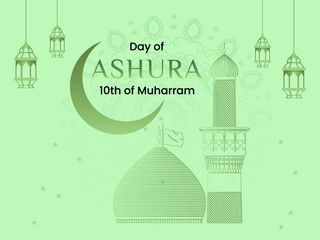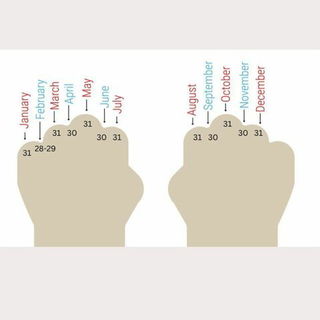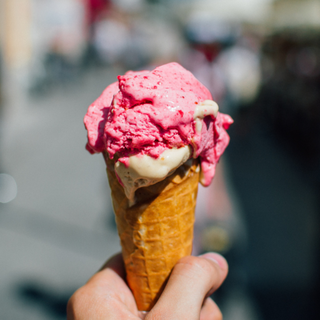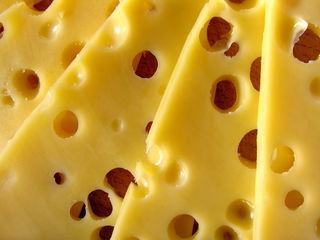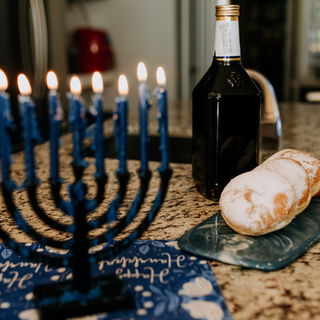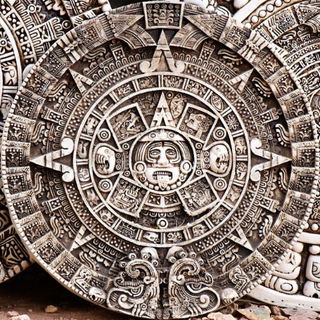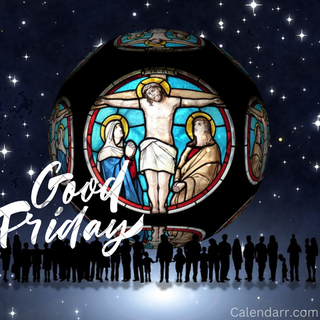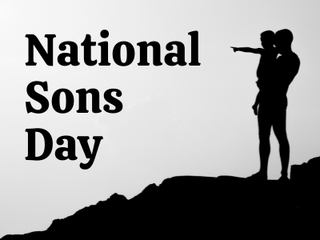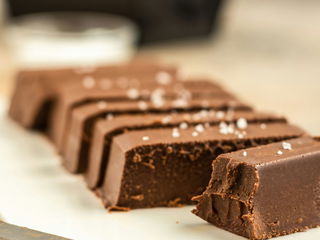In Judaism, Shabbat means a day of rest and abstinence from all kinds of labor and other activities. It starts from the sunset of Friday to the sunset of the next day every week and lasts for 25 hours.
Shabbat is a Hebrew term that means Saturday (considered the seventh day of rest in the week as per Judaism). There is a biblical reason behind observing this day of rest and peace, free from all the weekly labor.
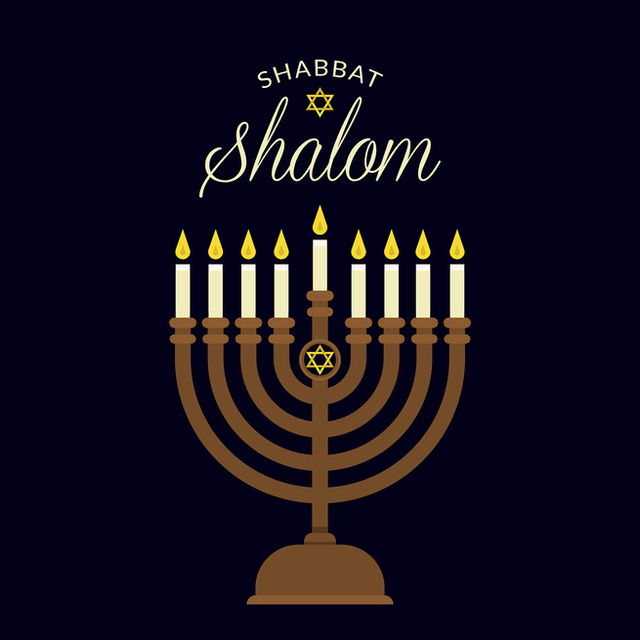
Shabbat History: The Story of Creation of The World
It is believed that God created heaven, earth, rivers, mountains, and every living being in just six days and finally rested on the seventh day.
On the first day, he created light, followed by Heaven on the second day.
On the third day, he asked for the water to be gathered at certain places which led to the formation of rivers, lakes, seas, and oceans. The remaining parts became land. God further commanded that the earth bear vegetation with seeds such as trees, shrubs, grass, and so on.
On the fourth day, he created celestial bodies such as the sun, the moon, and the stars. This, in turn, resulted in the creation of days, nights, weeks, months, years, and seasons.
God created animals and birds on the fifth day. Finally, on the sixth day, he created humans. When he created man, he gave the responsibility of ruling the earth to them.
Thus, after completing all his creations, God stopped and rested on the seventh day and declared it holy.
Shabbat Rules
Working
The first and foremost rule of Shabbat is not doing any work, regardless of how small it is. Work includes everything ranging from gardening, harvesting, kneading, cooking, dyeing clothes, painting, burning, extinguishing fire, washing, sewing, carrying or handling things, and so on.
Cooking food
Jewish people are not supposed to cook anything on Shabbat. All forms of cooking such as boiling, frying, roasting, baking, or anything else which requires heat or fire are prohibited on this day.
Instead, what you can do is cook the food beforehand and implement steps to keep it warm and suitable for consumption. For this, you can use blech (a big flat plate used to cover the stovetop) to keep the pre-cooked food warm throughout the day.
This abides by Jewish law as the fire which was started before Shabbat can be kept on as long as required.
Muktzeh
Muktzeh are basically items that cannot be handled or moved during Shabbat. However, you are allowed to touch such objects unless even a slight touch makes them move. This rule is in accordance with the spirit of the day, that is, doing no work. For example, if you touch a pen, you may be tempted to start writing.
There are generally two types of Muktzeh: severe muktzeh and light muktzeh. Severe Muktzeh includes items that will not be necessary or useful on Shabbat and are thus kept aside before Shabbat starts. Some examples are rocks, sand, trees, and animals.
Light Muktzeh, on the other hand, includes items that can be used for different activities and thus disrupt the spirit of Shabbat. Some examples are scissors, sewing needles, and so on.
Lighting
During Shabbat, similar to restrictions on the use of heat, the use of electricity is also prohibited. This entails refraining from turning lights on or off on the day of Shabbat in accordance with religious observance.
However, you can turn them on beforehand, that is before Shabbat begins.
It is also recommended that you put tape on certain light switches in places such as bathrooms. This is because most of the time people unknowingly, accidentally or habitually turn it off which might create problems.
Toilet Paper
As per Jewish rules, you cannot tear or rip toilet paper on Shabbat. Toilet paper is also included in Muktzeh. Thus, what you can do is cut enough toilet paper pieces beforehand so that they can be used conveniently during Shabbat. Another option is to ask a non-Jewish person to cut it for you in case you forgot.
Shabbat Traditions
Shabbat, which lasts from the sunset of Friday to Saturday night, is welcomed by lighting candles. As per the rules and customs, you should light it 18 minutes before Shabbat begins.
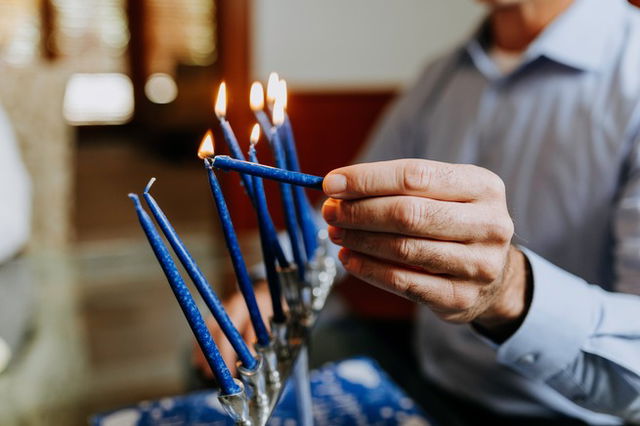
After lighting candles, people cover their eyes and recite the blessing.
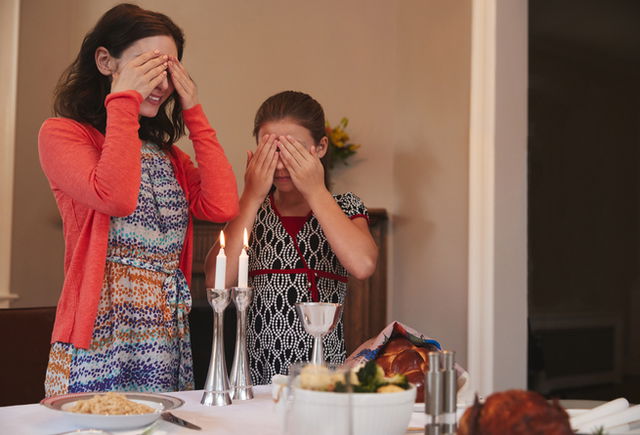
If there are children present in the house, special blessings are given to them. There are different blessings recited for boys and girls.
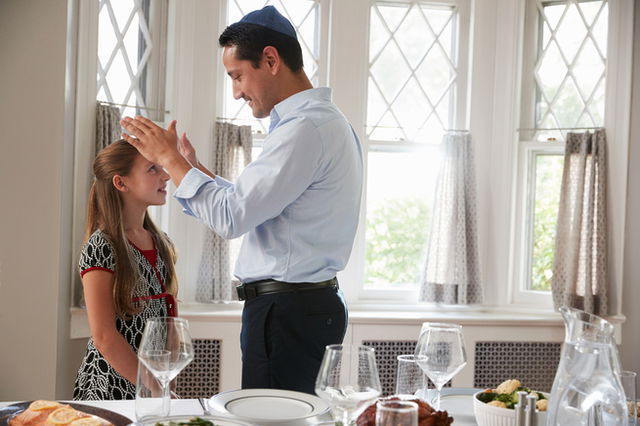
After this, Shalom Aleichem (Translation: Peace Be Upon You), a song, is sung before eating the Friday Shabbat meal. The song is basically an invitation to the angels to bless them with peace.
Shalom Aleichem is followed by Eshet Chayil (Translation: Woman of Valor). It is a poem that consists of 22 verses and is used to express gratitude to the women who work tirelessly.
Kiddush (Translation: Sanctification or Purification) is the blessing recited next. As per traditional customs, it is recited over a cup of wine or grape juice. Fruit juices or other kinds of alcohol can be used as well in case these are not present.
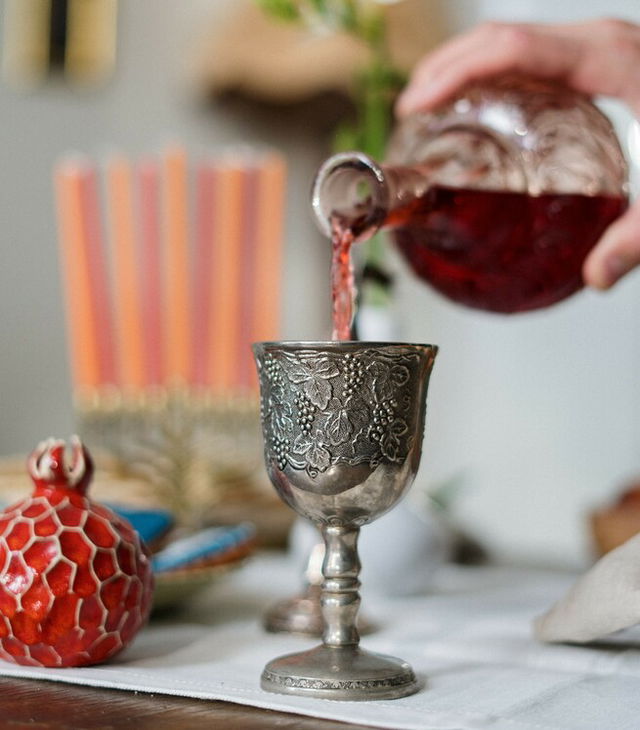
Netilat Yadayim is a custom followed after Kiddush where Jewish people need to wash their hands and recite a blessing.
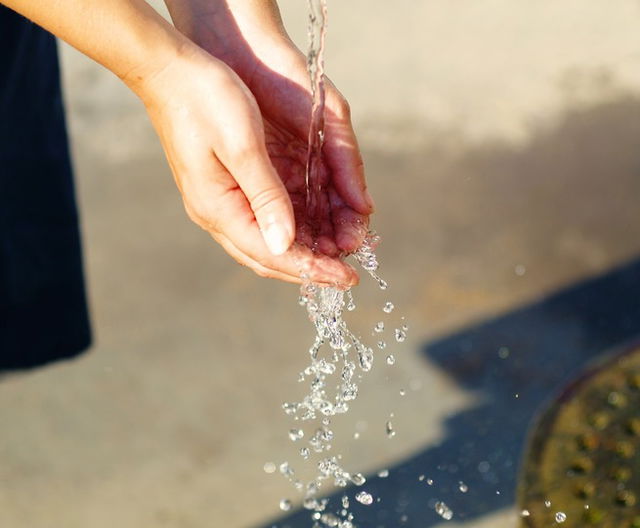
After that, Hamotzi (meaning blessing over the bread) is recited to express gratitude to God for providing bread on earth. It is generally recited right before eating the bread.
Finally, after all the blessings, people can enjoy the Shabbat meal. However, you cannot just leave the table after eating. To express grace after meals, Birkat Hamazon, a series of four blessings, is recited. 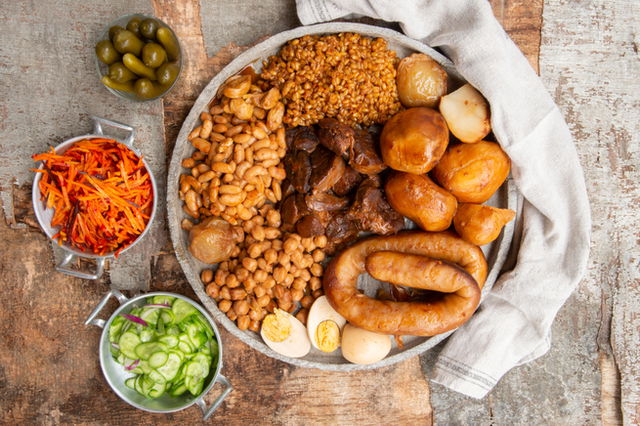
Four Sabbath Customs
Here are some fascinating facts about the Sabbath which demonstrate the richness of the customs observed by communities around the world:
-
Sabbath bread - In the Jewish Sabbath tradition, the shape and braiding of the challah bread hold special significance. They can be braided with three, six, or even twelve strands, symbolizing various aspects like truth, peace, and the twelve tribes of Israel.
-
The Eruv: In some Jewish communities, an eruv is established to allow for certain activities typically restricted on Sabbath. This enclosed area is often marked by a symbolic boundary marked by poles and wires. They transform separate spaces into one domain where people can carry objects, push strollers, and do other things that would otherwise be prohibited on the Sabbath.
-
The Shabbat Elevator: In buildings with a large Jewish population you might find a "Shabbat elevator." These special elevators stop automatically on every floor, allowing people to use them without pressing any buttons, which is considered work and prohibited on Sabbath.
-
Havdalah Ceremony: At the end of the Sabbath, a unique ceremony called "Havdalah" takes place. Havdalah involves lighting a multi-wicked candle, smelling spices, and sipping from a cup of wine. These rituals symbolize the separation between the sacred time of the Sabbath and the ordinary week ahead.
About Shabbat Meal
The Shabbat Meal generally includes a three-time meal: Friday dinner, Shabbat lunch, and the meal consumed later in the afternoon.
Firstly, it includes a dish known as Gefilte fish. Unlike what the name sounds, it is not a type of fish but instead a combination of many freshwater fishes such as Pike, Carp, and Whitefish. Besides Shabbat, this is also consumed during Rosh Hashanah and Passover.
Gefilte Fish is followed by soup. Chicken soup is the most preferred choice and is often served with matzo balls, also known as matzo ball soup. Matzo balls are light round dumplings made of eggs, water, matzo meal, and chicken fat or fat-like oil.
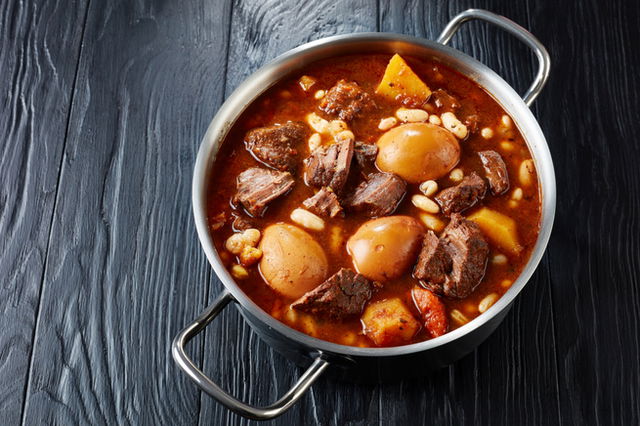
Next served are different kinds of meat dishes such as Cholent. Since it is not possible to cook meat on Shabbat, it is usually slow-cooked. Cholent is a traditional Jewish stew made of meat and different vegetables which are slowly baked and simmered overnight.
Lastly, the Sabbath meal concludes with some sweet dish or dessert. Now there is one twist! The Dessert should be 'pareve' which means no meat or dairy product.
The Influence of Sabbath on Language
An association can be found between the name of the day Saturday and the word "Sabbath" in many countries across the world, here are a couple of examples:
-
Spanish: The Spanish word for Saturday is Sábado, which directly corresponds to the word Sabbath. The Portuguese word for Saturday is the same: Sábado.
-
Similarly, in Italian, Saturday is called Sabato.
-
In Greek, the word for Saturday is Sabbato which very closely resembles the Hebrew word Shabbat, the root word of Sabbath.
While some languages show a connection to Sabbath, this is not true of English and other European languages, which show their connection to the Roman God Saturn (Saturday), and possibly the French word Samedi, which may come from the Latin dies Saturni.
If you want to know about other Jewish Celebrations and their traditions, you can read:

